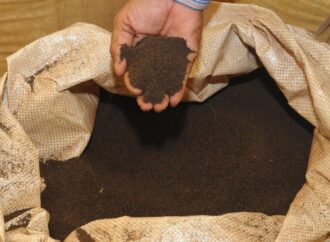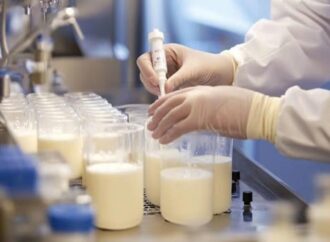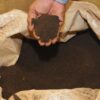Authorities Push for Healthier Bottled Water
The Food Safety Department in Coimbatore has directed all packaged bottled water manufacturers to increase the mineral content in their products. Dr. T. Anuradha, the Designated Officer of the Food Safety and Standards Authority of India (FSSAI), led a sensitisation meeting on Friday, where she emphasised the need to maintain Total Dissolved Solids (TDS) between 75 and 500 mg/L. She also stressed the importance of adding essential minerals like calcium and magnesium to ensure better health outcomes.
Manufacturers Raise Taste Concerns, Officials Stand Firm
Several water bottlers and distributors voiced their concern that higher TDS levels could negatively impact the taste of water and reduce customer satisfaction. However, Dr. Anuradha firmly rejected any relaxation of standards. She warned that authorities would take strict action against those failing to comply. “Even if minerals alter the taste, they play a crucial role in maintaining health,” she said. “Manufacturers must educate consumers about the benefits of mineral-rich water.” The department tested 115 bottled water samples from across the district in January 2025. Out of these, 39 failed to meet quality standards due to a lack of essential minerals. Dr. Anuradha cited this as evidence of the urgent need for better compliance and stricter oversight.
FSSAI Classifies Bottled Water as High-Risk Food
In a major regulatory shift introduced in 2024, FSSAI reclassified both packaged drinking water and mineral water as high-risk food items. As a result, the department will now implement more frequent audits, tighter inspections, and enhanced safety checks. Officials clarified that ISI certification alone no longer ensures compliance with food safety norms.
New Guidelines for Production and Distribution
The Food Safety Department issued fresh protocols covering manufacturing and transportation:
-
Manufacturers must not transport water cans in open vehicles, as exposure to sunlight and heat can trigger harmful chemical reactions.
-
Containers must be at least 85% transparent, properly cleaned, and labelled with expiration dates.
-
Distributors and manufacturers must follow strict hygiene and sanitation procedures during bottling and handling.
Block-level food safety officials will conduct surprise inspections to verify licences, check bottling processes, audit sanitation practices, and ensure proper wastewater management.
Coimbatore’s Bottled Water Industry Under the Lens
Currently, Coimbatore district hosts 76 bottled water and mineral water manufacturing units, with around 2,000 distributors. The Food Safety Department urged all players in the industry to strictly follow updated safety regulations, highlighting that drinking water is no longer treated as a low-risk commodity but as a critical health concern.
Source: The New Indian Express
 Food Manifest
Food Manifest 
















